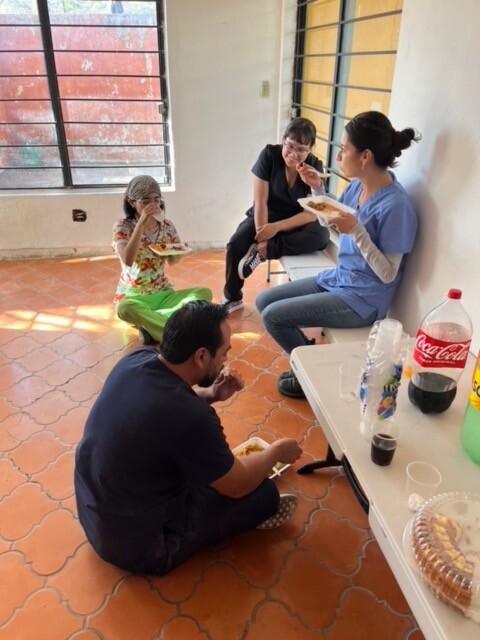Campaign in the Cerro de los Leones neighborhood
On July 7 we sterilized 56 animals—15 female dogs, 7 male dogs, 19 female cats, and 15 male cats—at the home of Elda Porras and Javier Ramírez in the Cerro de Leones neighborhood of Guanajuato. The campaign was held in a large, covered area outside the house that had been converted into a surgical and recovery area.


As pets were being registered, Julia Salido, our campaign manager, spoke to people who’d brought their pets to the campaign, reminding them that surgery is a surgical procedure requiring several days of post-operative care. She also told them how important it is to sterilize male dogs and cats as well as females, as intact males can impregnate many unsterilized females in a single day, adding to the problem of pet overpopulation.

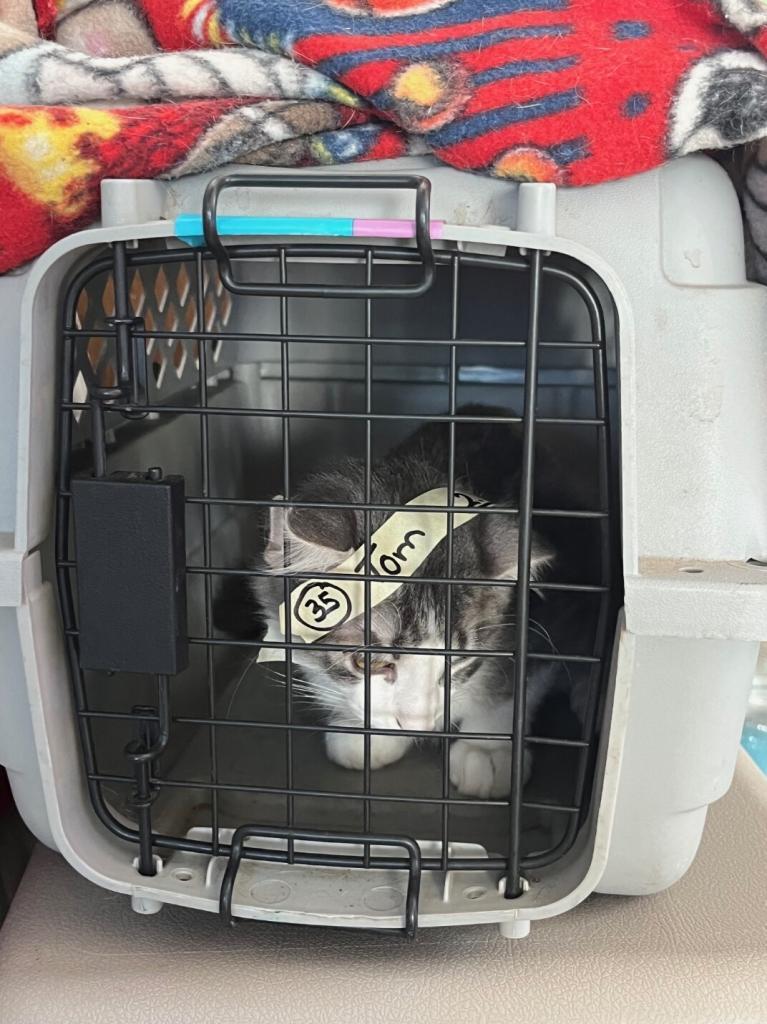
Drs. Sandra Hernández, Ricardo Montes de Oca, and Arturo Rocha, along with Abril Herrera, who is about to receive her Doctor of Veterinary Medicine degree, performed the surgeries. Dr. Verónica Almaguer prepared the animals for surgery. Karla Ivet Ahumada, another vet student about to receive her degree, oversaw the recovery area.
Other volunteers registered and weighed the animals, assisted with prepping them for surgery, attended them in the recovery unit, cleaned surgical instruments and pre-washed used surgical drapes, prepared post-operative medications and instructions, and carried large animals to the owners’ vehicles when they were ready to go home.
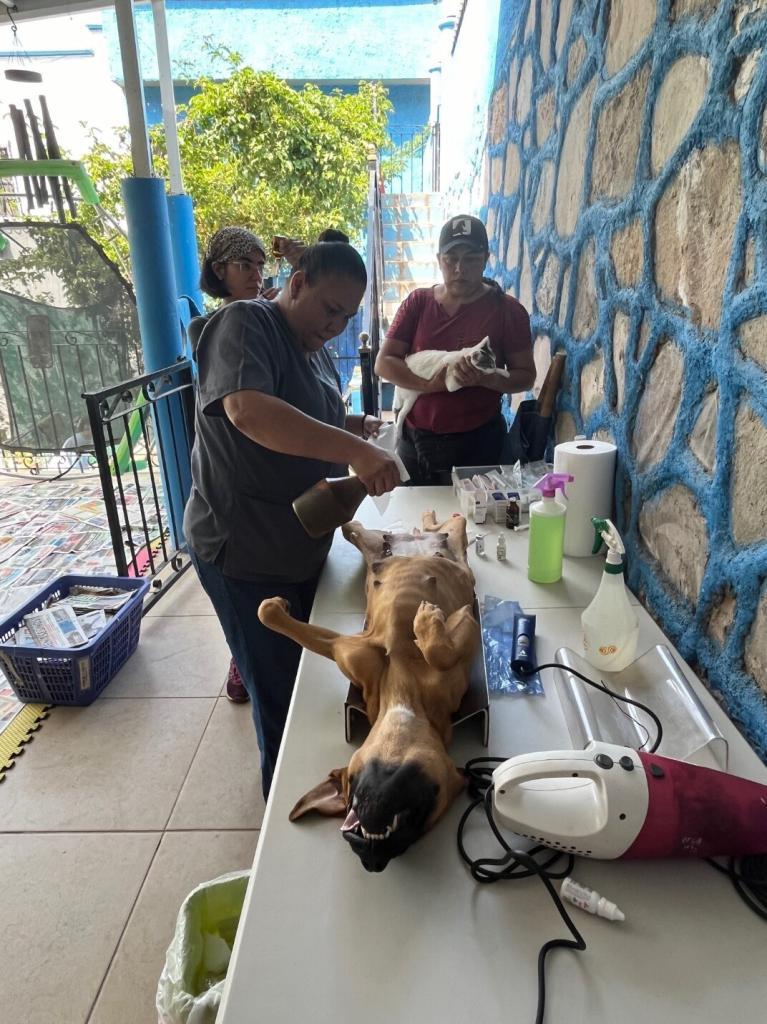
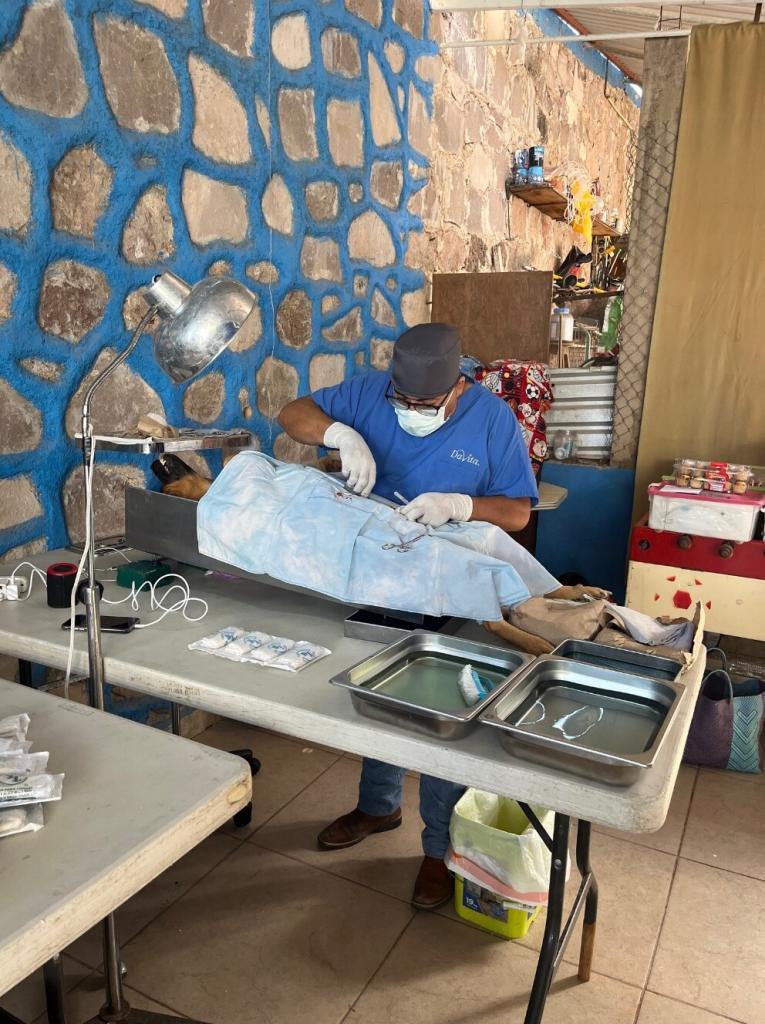
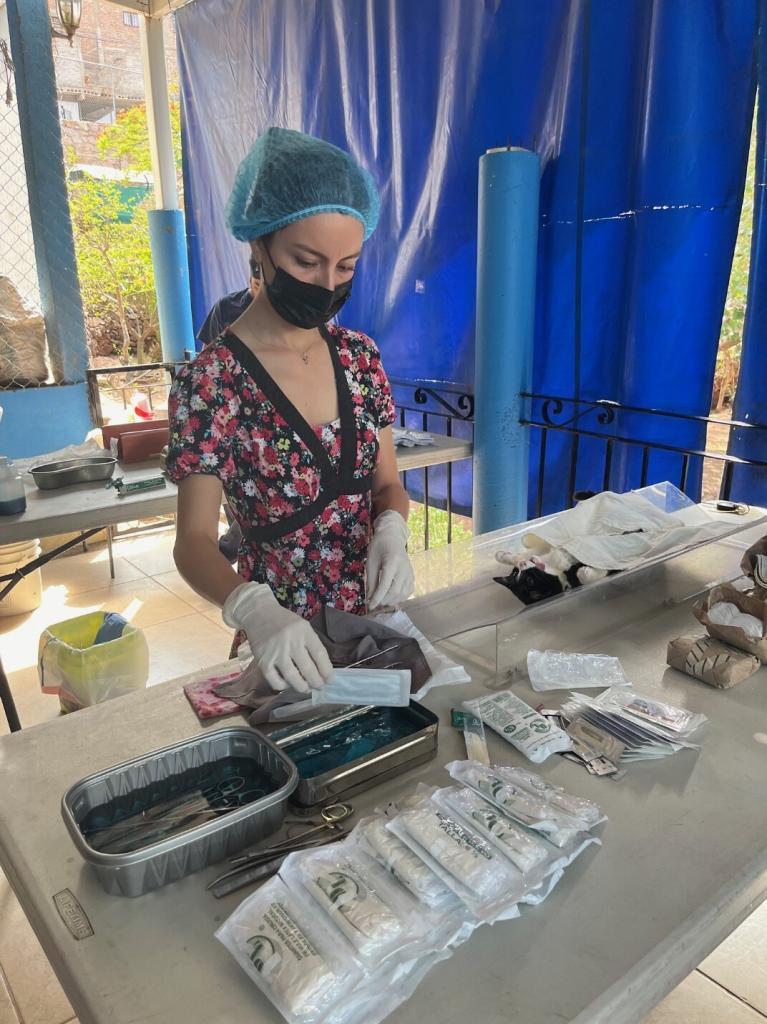
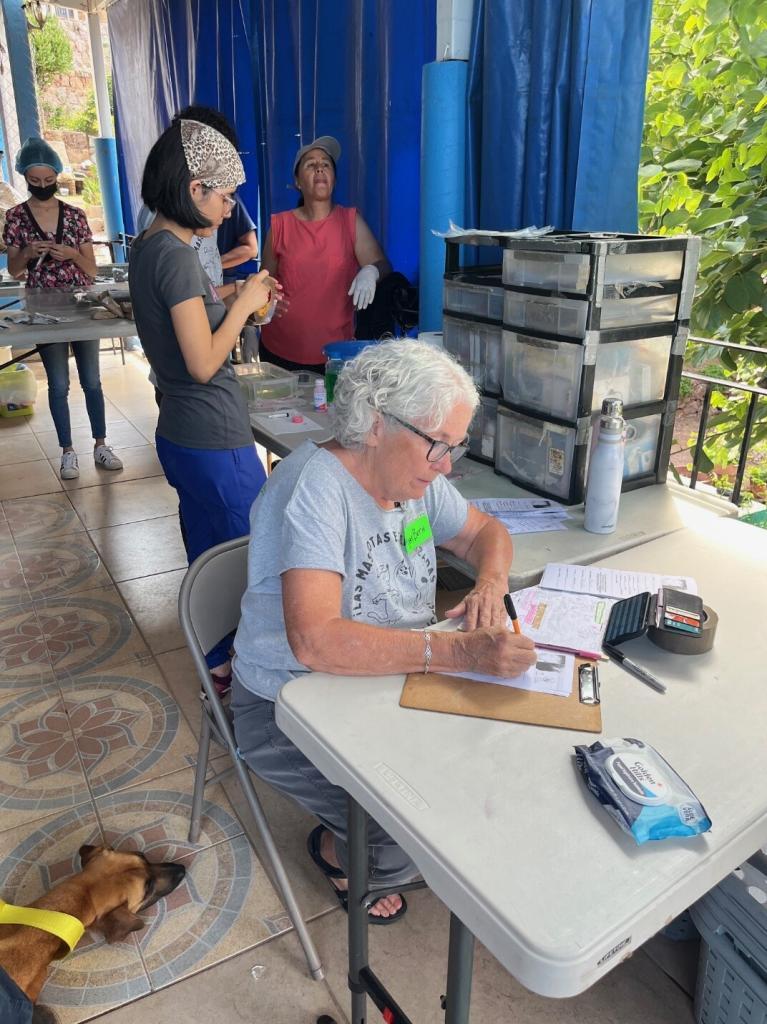
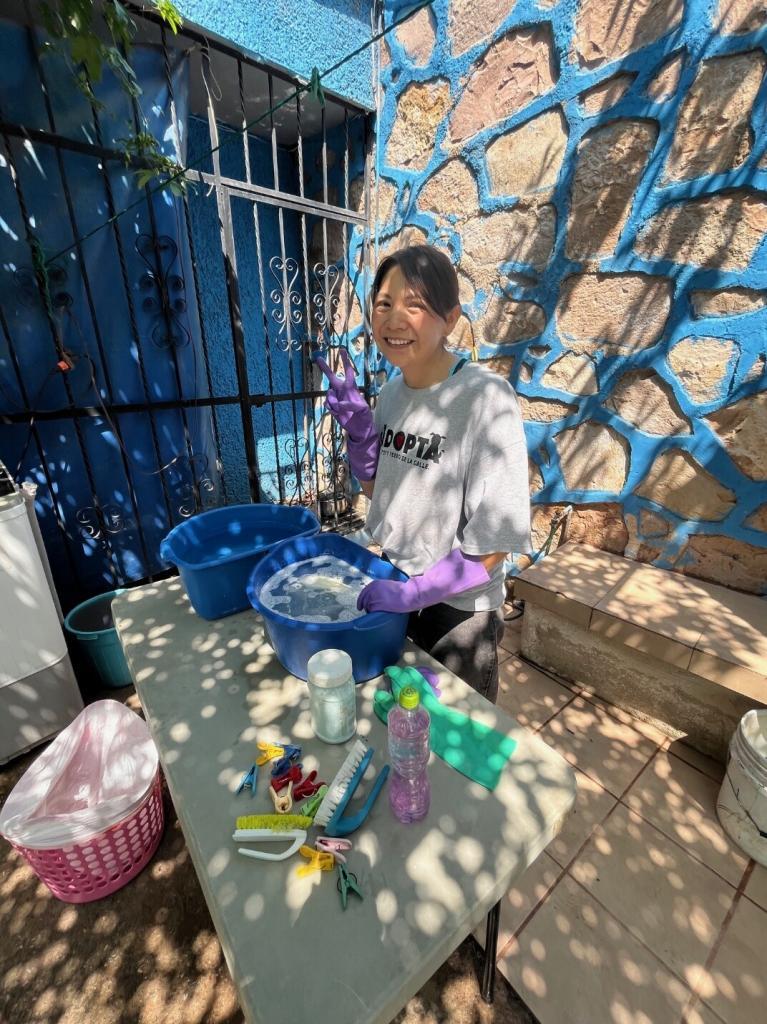
We are grateful to all those who made the campaign a success—our hosts, our campaign manager, the veterinarians, and our dedicated volunteers. Those not already identified by name were Rosemarie Conde, Mariana García, Victoria Larrazolo, Martha Ortiz, Gabriel Ramírez, and Ángeles Rebollar.
Campaign in Santa Rosa
On Sunday, July 21, we held our second campaign of the month in the village of Santa Rosa de Lima, where we sterilized 49 animals—29 female dogs, 6 male dogs, 13 female cats, and 1 male cat, bringing our total number of cases for the year to 778. The campaign took place in a vacant house that conveniently had plenty of room for parking and was all on the ground level.

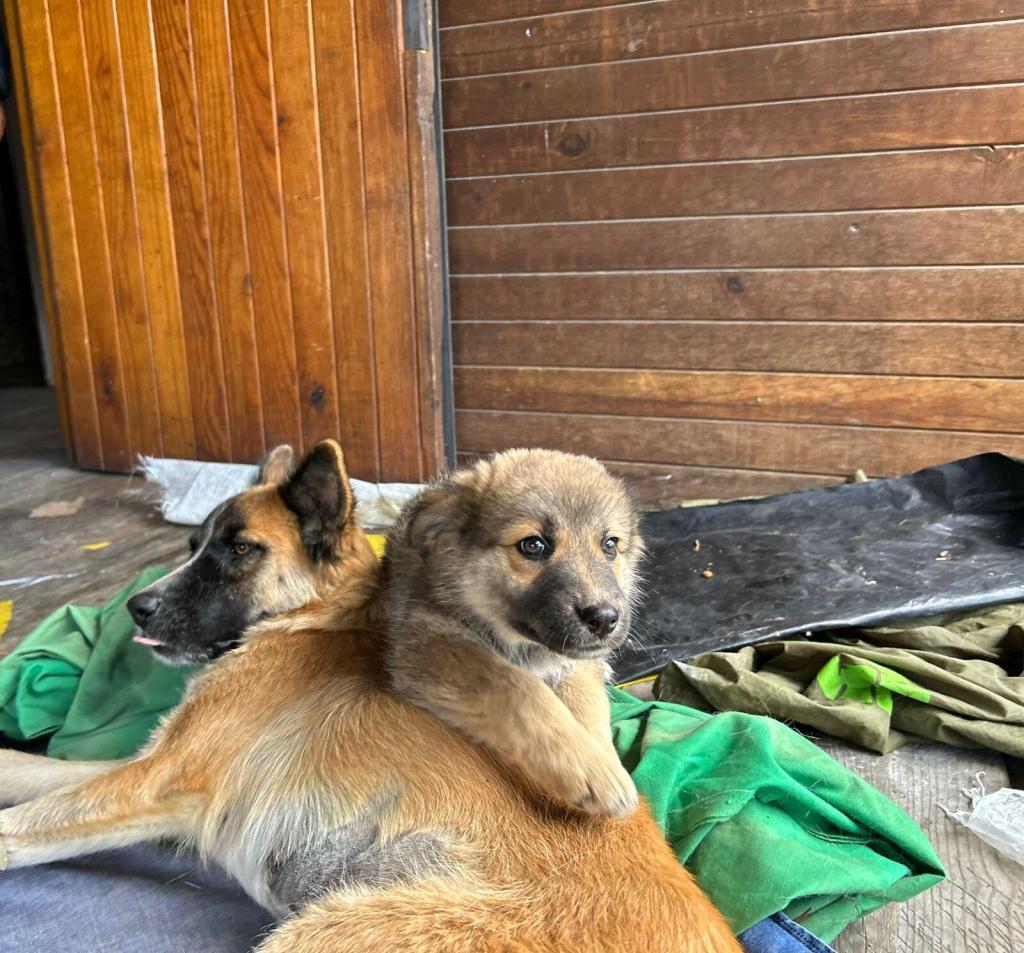
As usual, the campaign ran smoothly, and the surroundings were pleasant. We had only one challenging case, a young female dog named Orejita who put up a fierce resistance to entering the campaign site. Even after she was muzzled, it took three people to subdue her so that she could be weighed and anesthetized. After being injected with anesthesia she struggled valiantly against falling asleep, but when she awoke from her surgery she was relaxed and easy for her owner to carry home.
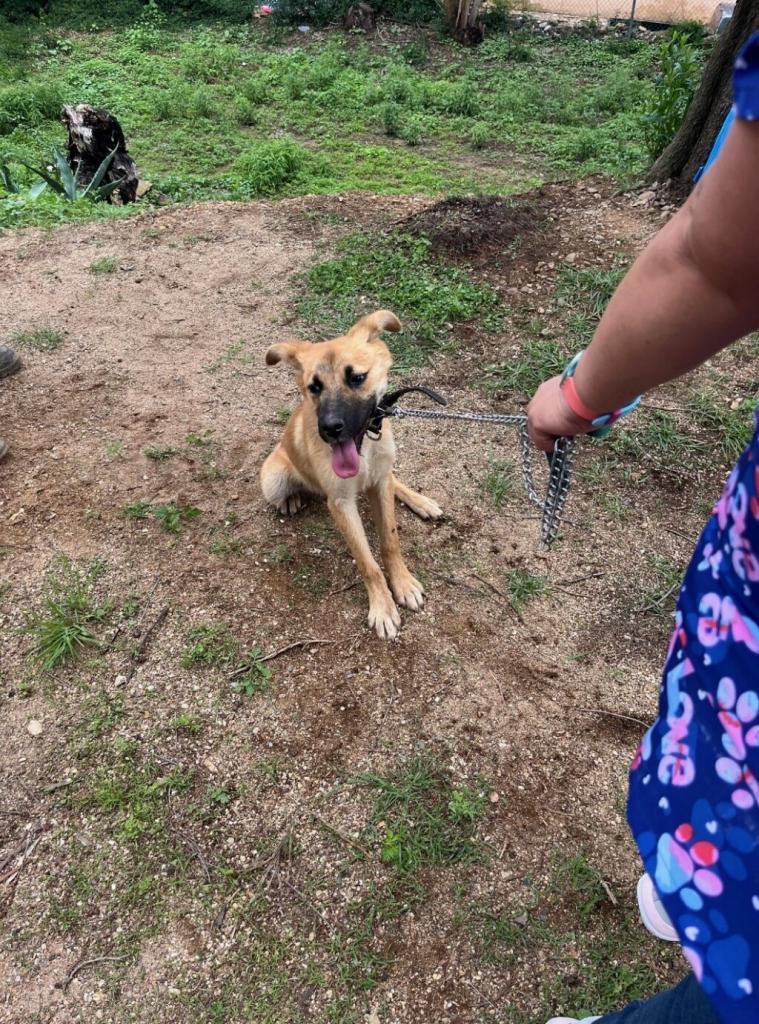

Gabriel Ramírez, one of our volunteers, found a tiny puppy in the road on the way to the campaign and brought him along. The puppy is only about a month old, too young to be sterilized. The volunteers took turns caring for him during the day. After the campaign they had him examined by a veterinarian and treated for parasites, and now they are looking for a good home for him. At present he’s too young to be vaccinated or sterilized.

Julia Salido, our campaign manager, planned and oversaw the campaign. Our medical team consisted of five regular participants. Carlos Donato, a veterinary student who has volunteered at our campaigns since he was in high school, prepared the animals for surgery. Drs. Sandy Hernández and Ricardo Montes de Oca performed the surgeries along with Abril Herrera. Karla Ahumada cared for the animals in the recovery area and discharged them when they were ready to go home.


The other members of our team were Mary Beth Canavan, Rosemarie Conde, Victoria Larrazolo, Ximena Montes de Oca, Gabriel Ramírez, Dulce Sandoval, and Sandra Ward, who helped set up and break down the equipment, registered and weighed the animals, helped with prepping the animals and attending them in the recovery area, carried them while they were unconscious, cleaned surgical instruments, and hand-washed soiled surgical drapes.
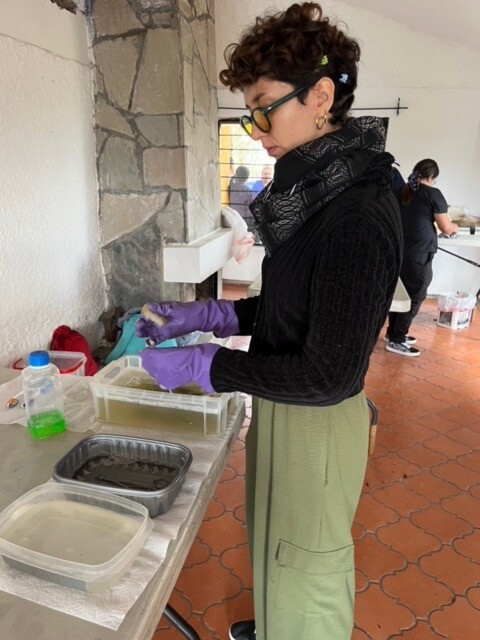
At the request of Santa Rosa’s delegate to the city government, three women from Santa Rosa—Rosa María Rico, Julia Ramírez, and Josefina Ramírez—prepared a delicious hot lunch for our volunteers. The Restaurant de la Sierra provided flan for dessert. The medical team finally got to eat around 5 p.m., after all the patients had been discharged.
